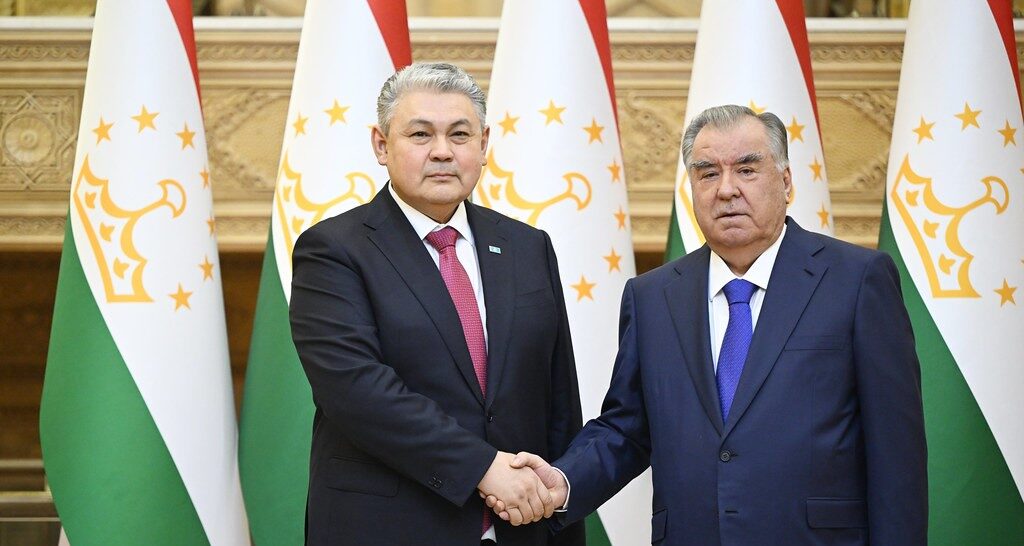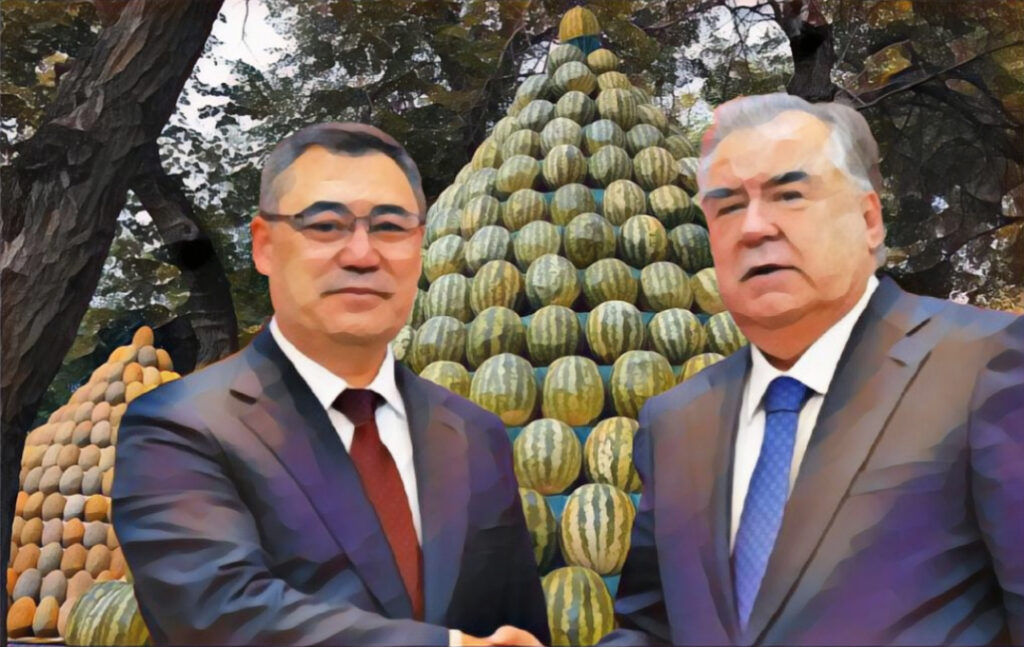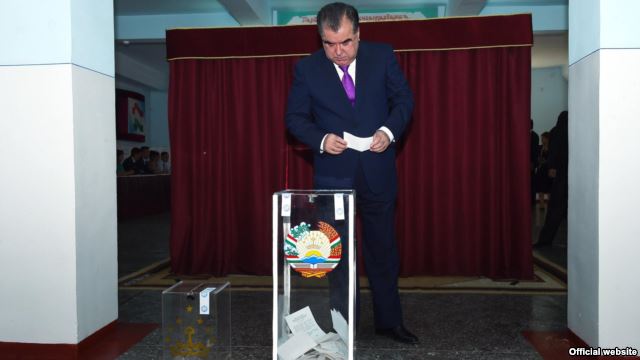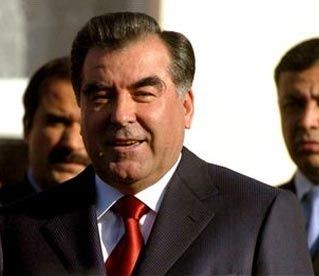After Absence, Tajikistan’s Rahmon Highlights a Daily Schedule
He’s back. President Emomali Rahmon of Tajikistan met Kazakhstan’s foreign minister on Monday, two days after welcoming the head of the Asian Infrastructure Investment Bank to Dushanbe. It might seem like routine business for the leader of a country. But the meetings, during which Rahmon was photographed and shown in video, followed more than two weeks during which Tajikistan’s president hadn’t been seen in public. The absence prompted some media and other online questions about his whereabouts and health, possibly prompting the presidency to issue a statement last week that said Rahmon had upcoming meetings. The 73-year-old president, who has held the post since 1994, posed for a photographed handshake with Kazakh Foreign Minister Yermek Kosherbayev that was posted on the website of Tajikistan’s presidential office. Rahmon’s account on X also showed a video of a meeting between him and Zou Jiayi of the Asian Infrastructure Investment Bank on Saturday. In addition, on Sunday, the presidential office posted a video of Rahmon congratulating Chinese President Xi Jinping on the beginning of the Chinese New Year. Speaking in a deep voice, Rahmon sat in front of an image of tree blossoms that are associated with the Spring Festival, which runs into early March. Rahmon´s son, Rustam Emomali, is chairman of the National Assembly and would take over as interim president if his father is unable to serve.






